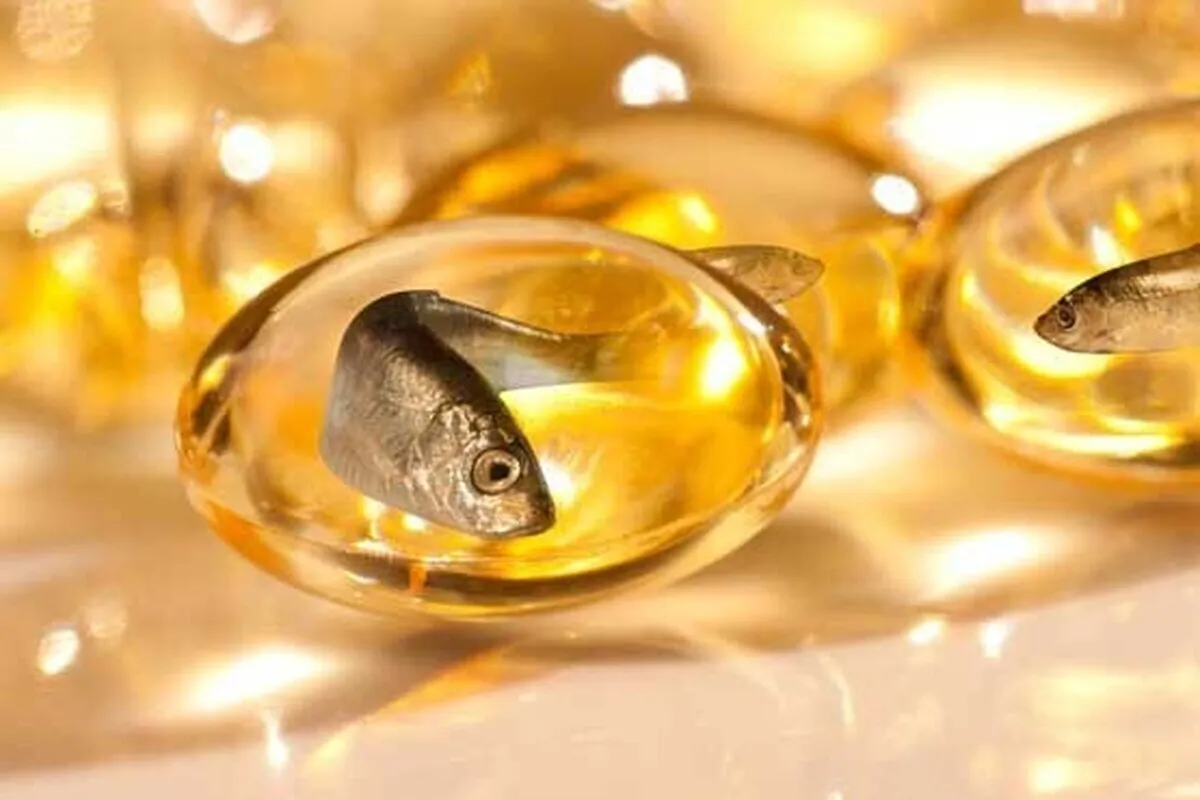Iran Produces More Effective Omega 3 Supplement without Digestive Complications

“Smart Omega softgels are resistant to the acidic conditions of the stomach and release their contents in the intestine. Therefore, the return of the bad smell caused by fish oil and its inhalation by the consumer will not happen. On the other hand, the stomach will not be directly affected by fish oil; therefore, gastric irritation and, as a result, possible reflux has been eliminated,” said Saman Pourzia, the managing director of the knowledge-based company.
“Due to the release of omega-3 in the main place of its absorption, i.e. the small intestine, and preventing its destruction by stomach acid, therefore, a higher level of fatty acids containing omega-3 will be absorbed,” he added.
“After being successful in the laboratory scale, this product is also produced in the industrial scale and is available to consumers,” Pourzia said.
Omega-3 fatty acids (omega-3s) are polyunsaturated fats that perform important functions in your body. Your body can’t produce the amount of omega-3s you need to survive. So, omega-3 fatty acids are essential nutrients, meaning you need to get them from the foods you eat.
The two main types of fatty acids are saturated fat and unsaturated fat. Unsaturated fat further breaks down into polyunsaturated fat and monounsaturated fat. These are terms you commonly see on nutrition labels.
Fatty acids are chain-like chemical molecules made up of carbon, oxygen and hydrogen atoms. Carbon atoms form the backbone of the chain, with oxygen and hydrogen atoms latching on to available slots.
A saturated fat has no more open slots. A monounsaturated fat has one open slot. A polyunsaturated fat has more than one open slot.
Saturated fats are sometimes known as “bad” or “unhealthy” fats because they increase your risk of certain diseases like heart disease and stroke. Unsaturated fats (polyunsaturated and monounsaturated) are considered “good” or “healthy” fats because they support your heart health when used in moderation.
Omega-3s, as a form of polyunsaturated fat, are healthier alternatives to saturated fat in your diet.
Omega-3 fatty acids help all the cells in your body function as they should. They’re a vital part of your cell membranes, helping to provide structure and supporting interactions between cells. While they’re important to all your cells, omega-3s are concentrated in high levels in cells in your eyes and brain.
4155/v





















